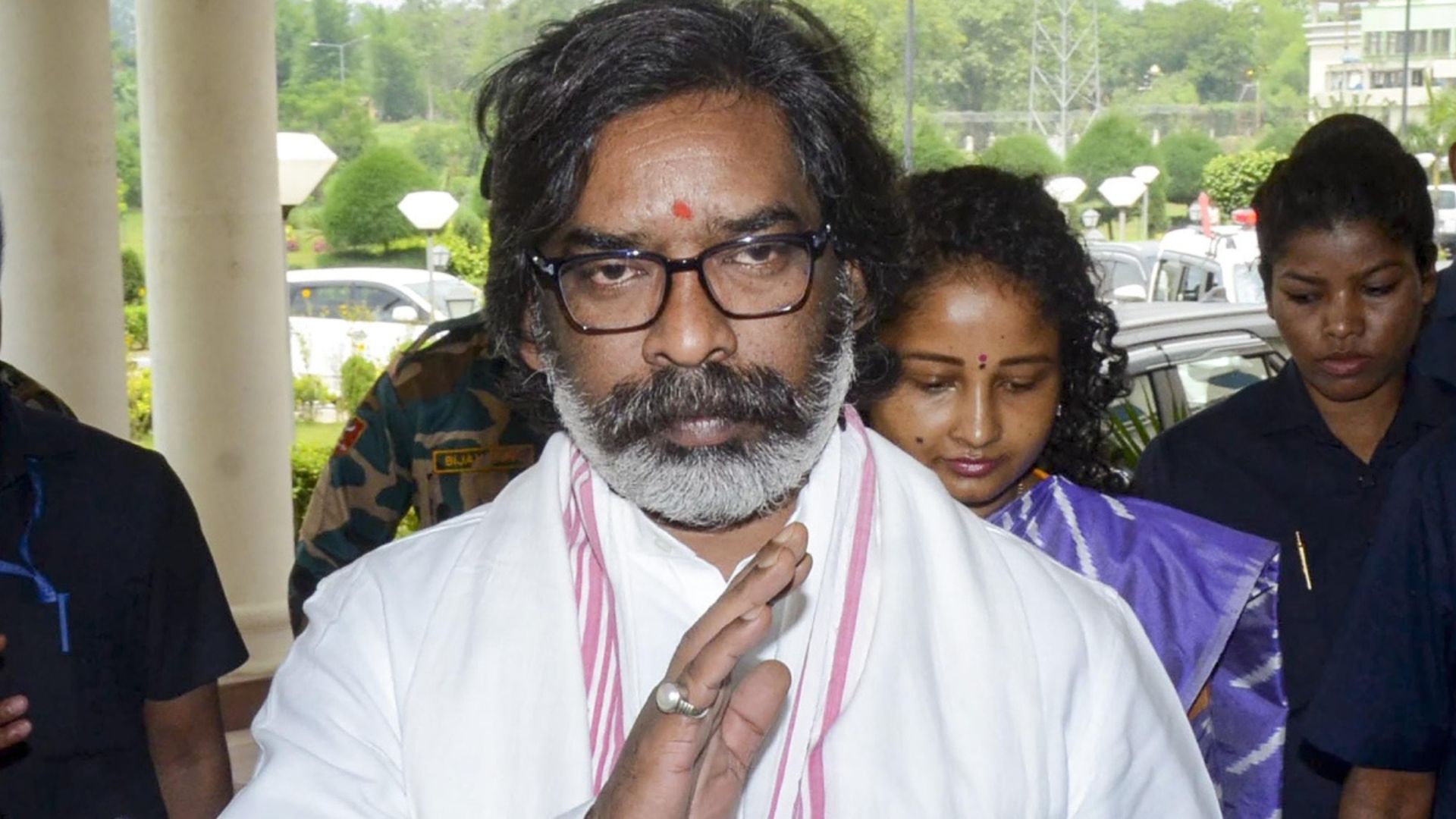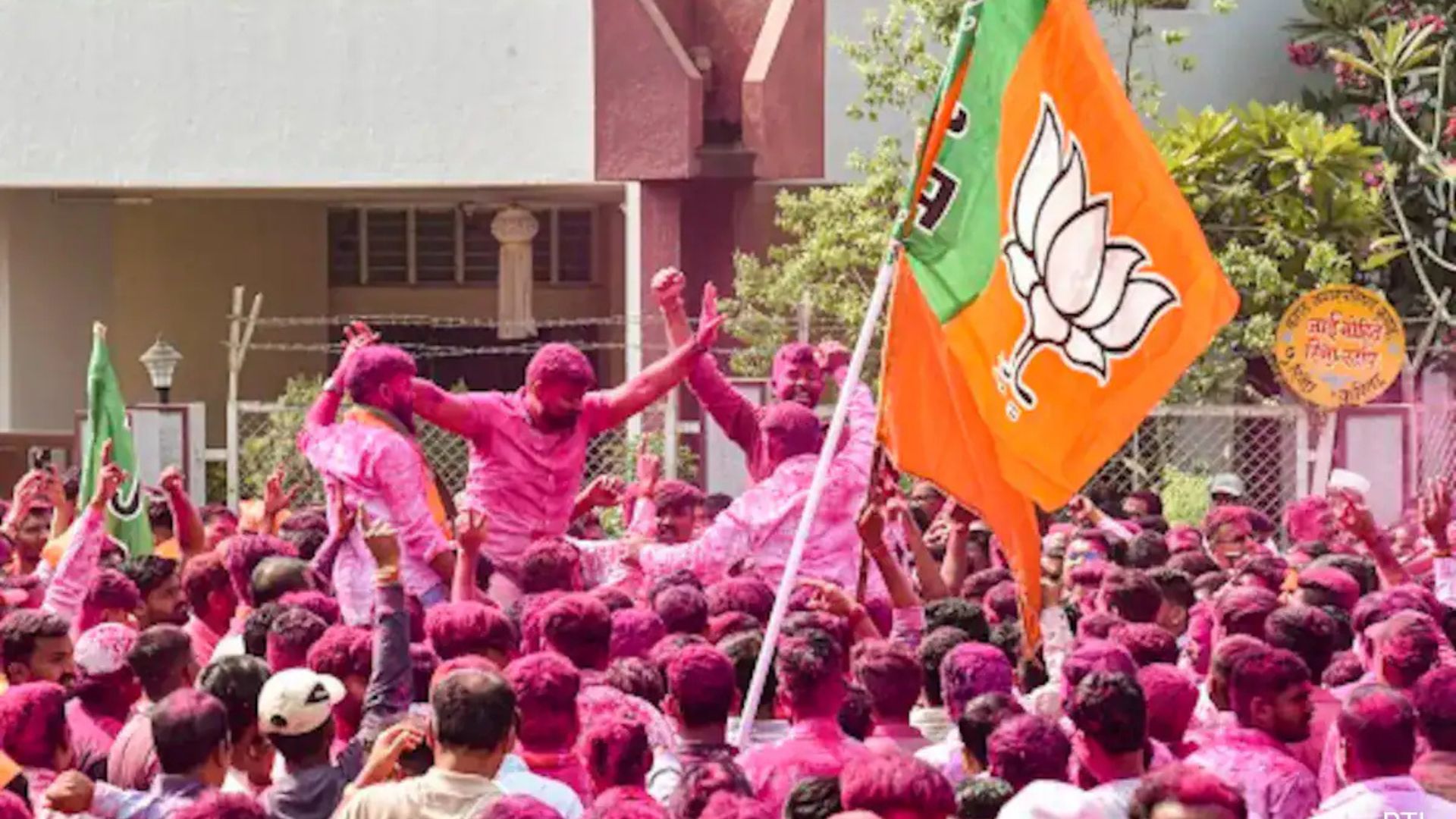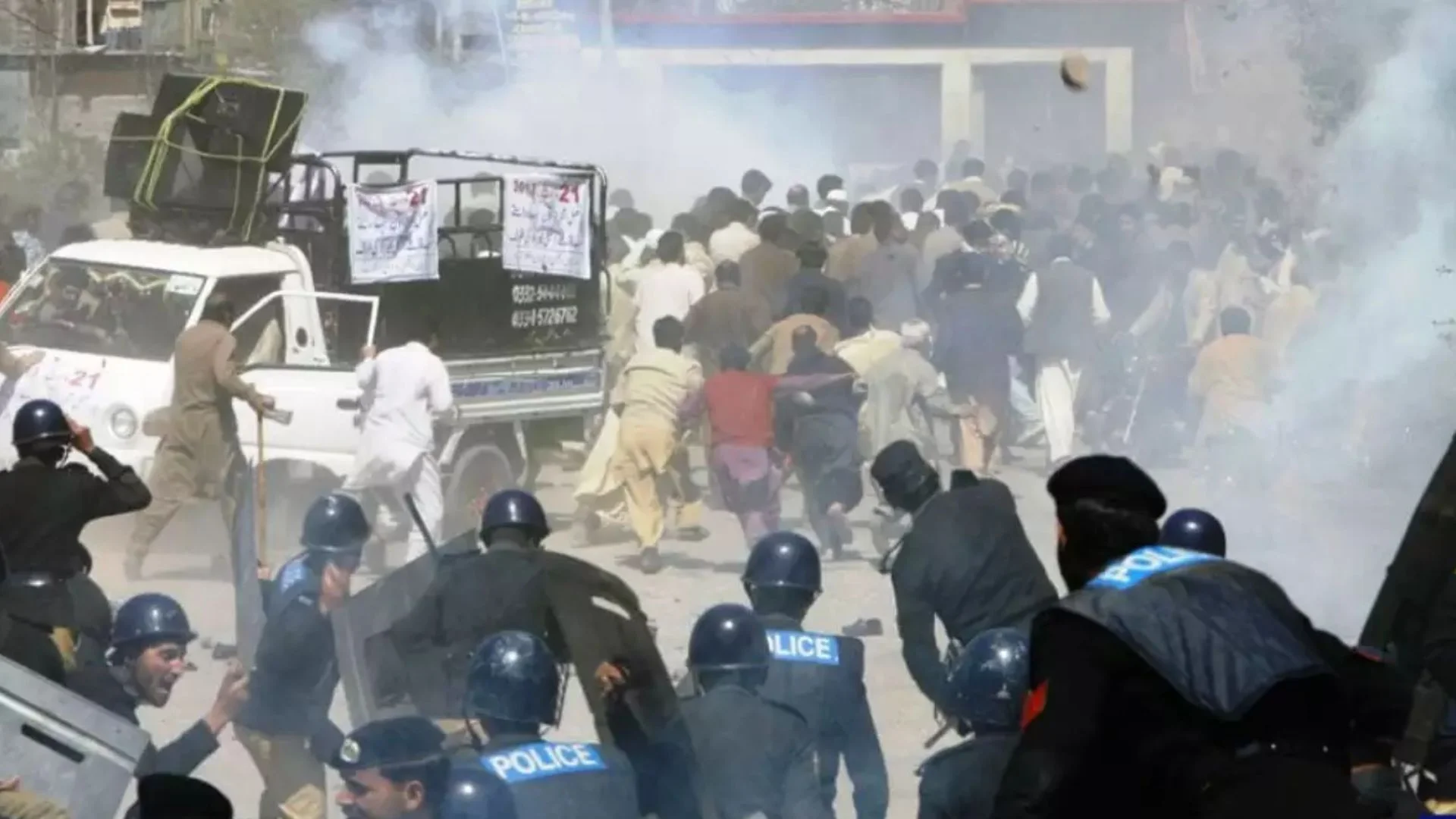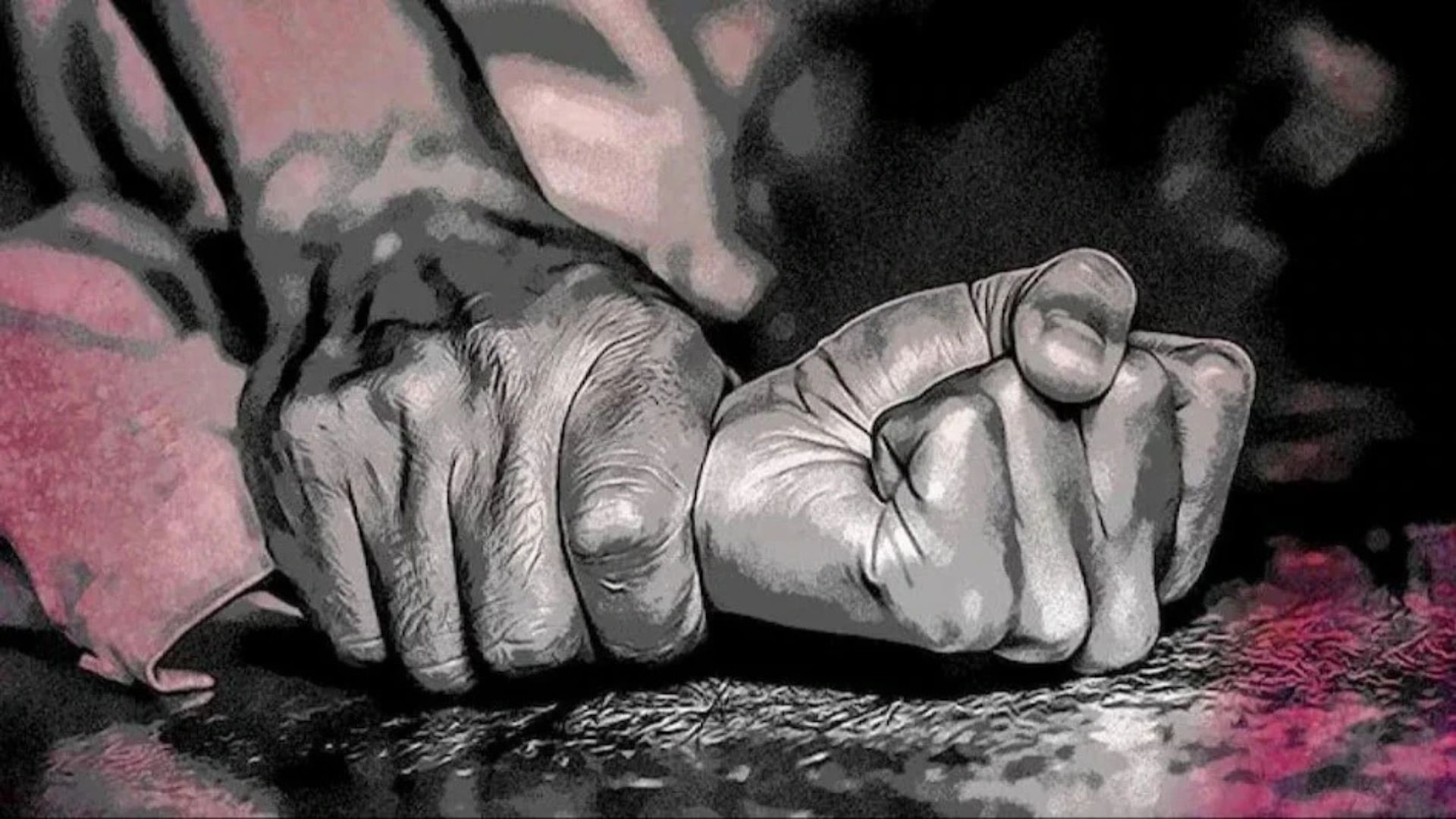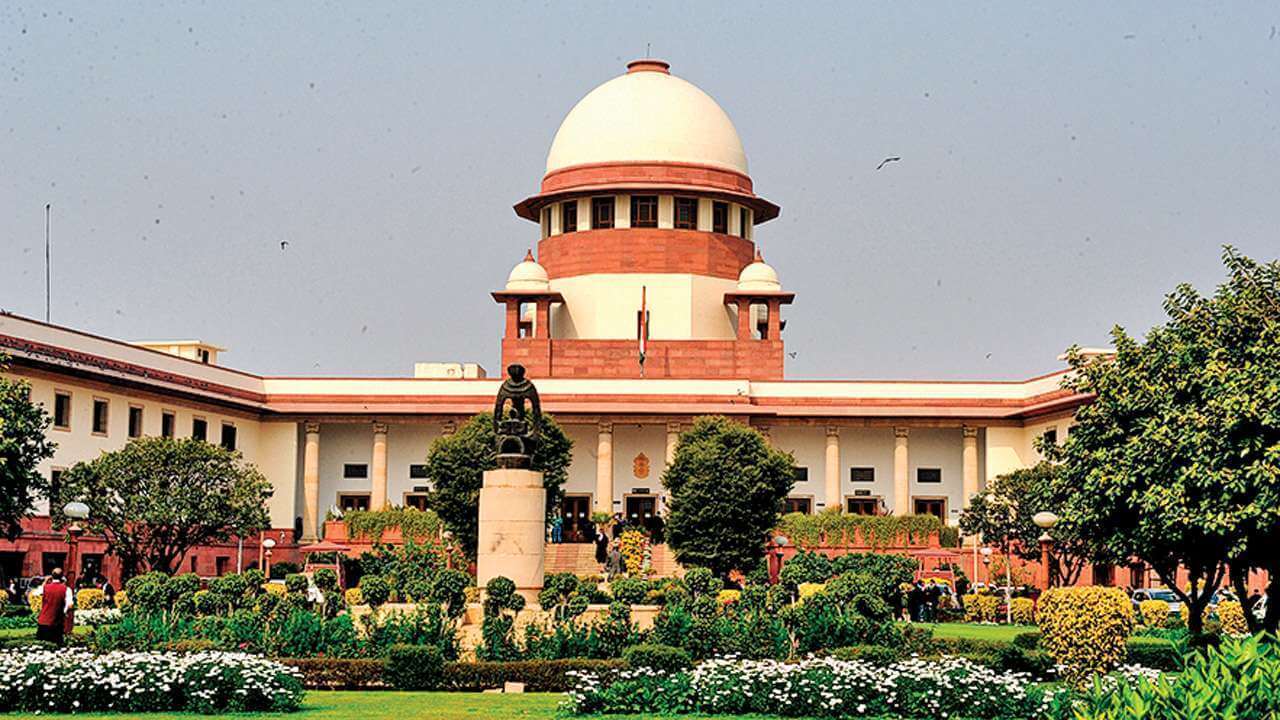
The Supreme Court of India is set to hear a batch of petitions related to the abrogation of Article 370 from August 2. The Chief Justice of India DY Chandrachud stated in the last hearing that the Constitution Bench will begin the hearing at 10:30 am on August 2 and will proceed on a day-to-day basis, except for Mondays and Fridays when miscellaneous matters are usually heard.
While there are several individuals and organisations against the abrogation of Article 370, many people and organisations are in its favour too. Youth for Punun Kashmir, an organisation, representing Kashmiri Pandit youth, filed a petition for the removal of Article 370. It requested the dismissal of the petitions filed against the abrogation, expressing its support for the Modi government’s decision.
Before Youth for Punun Kashmir, two individual Kashmiri Pandits and the All India Kashmiri Samaj (an apex body of various associations formed by the community) also moved the Supreme Court to support the government’s decision to abrogate Article 370. They argued that Article 370 was a transitory provision intended to facilitate the complete integration of Jammu and Kashmir into the Union of India. They emphasised that the Treaty of Accession of Jammu and Kashmir to the Republic of India was unconditional, and the intention of the state had always been to be fully integrated with India.
The petitions highlighted that Article 370 provided the President with the power to cease its operation through a public notification, and the 2019 order and amendment act were in accordance with the provisions of Article 370.
The petitioners also cited security concerns, stating that Jammu and Kashmir had been consistently threatened by infiltration from Pakistan and China, leading to incidents of cross-border radicalism and terrorism.
The Supreme Court has scheduled November 14 to commence the hearing on the batch of petitions challenging the constitutional validity of the Centre’s decision to abrogate Article 370 provisions. Until then, the court will hear the arguments in a day-to-day manner, beginning from August 2, except for Mondays and Fridays.

